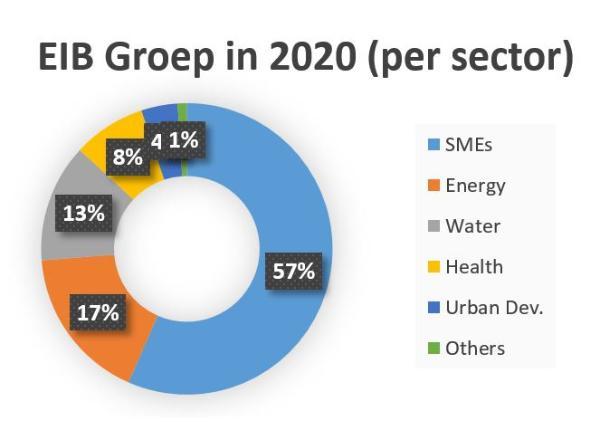Article – How the EU wants to achieve a circular economy by 2050

Making crucial sectors circular
Circularity and sustainability must be incorporated in all stages of a value chain to achieve a fully circular economy: from design to production and all the way to the consumer. The Commission action plan sets down seven key areas essential to achieving a circular economy: plastics; textiles; e-waste; food, water and nutrients; packaging; batteries and vehicles; buildings and construction.
Plastics
MEPs back the European Strategy for Plastics in a Circular Economy, which would phase out the use of microplastics.
Read more about the EU strategy to reduce plastic waste.
Textiles
Textiles use a lot of raw materials and water, with less than 1% recycled. MEPs want new measures against microfiber loss and stricter standards on water use.
Discover how the textile production and waste affects the environment.
Electronics and ICT
Electronic and electrical waste, or e-waste, is the fastest growing waste stream in the EU and less than 40% is recycled. MEPs want the EU to promote longer product life through reusability and reparability.
Learn some E-waste facts and figures.
Food, water and nutrients
An estimated 20% of food is lost or wasted in the EU. MEPs urge the halving of food waste by 2030 under the Farm to Fork Strategy.
Packaging
Packaging waste in Europe reached a record high in 2017. New rules aim to ensure that all packaging on the EU market is economically reusable or recyclable by 2030.
Batteries and vehicles
MEPs are looking at proposals requiring the production and materials of all batteries on the EU market to have a low carbon footprint and respect human rights, social and ecological standards.
Construction and buildings
Construction accounts for more than 35% of total EU waste. MEPs want to increase the lifespan of buildings, set reduction targets for the carbon footprint of materials and establish minimum requirements on resource and energy efficiency.
Waste management and shipment
The EU generates more than 2.5 billion tonnes of waste a year, mainly from households. MEPs urge EU countries to increase high-quality recycling, move away from landfilling and minimise incineration.
Find out about landfilling and recycling statistics in the EU.



